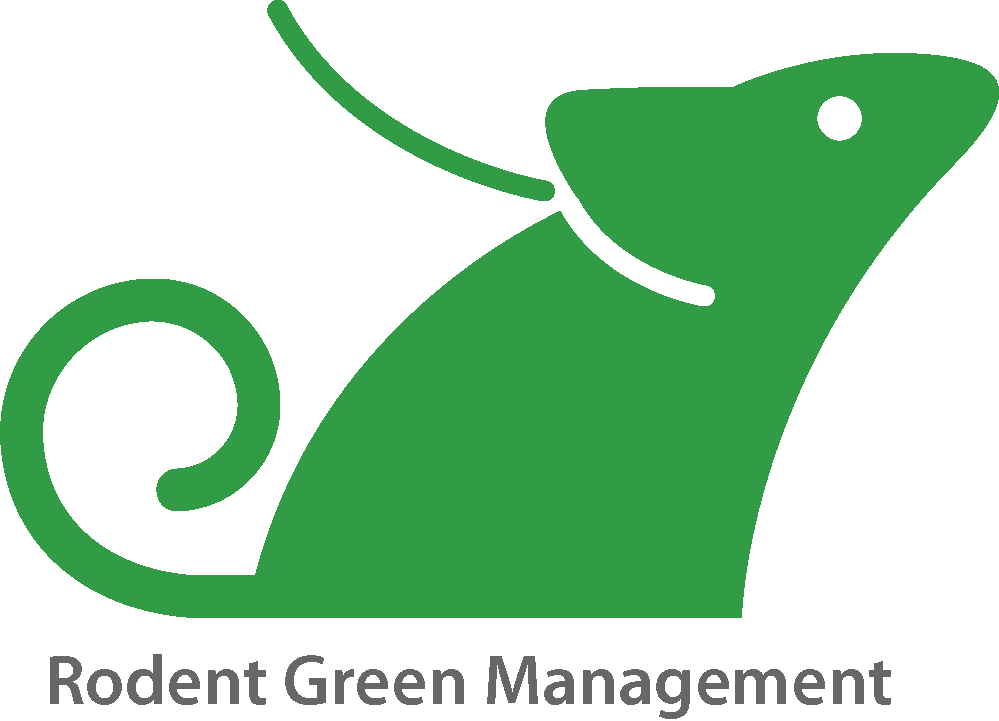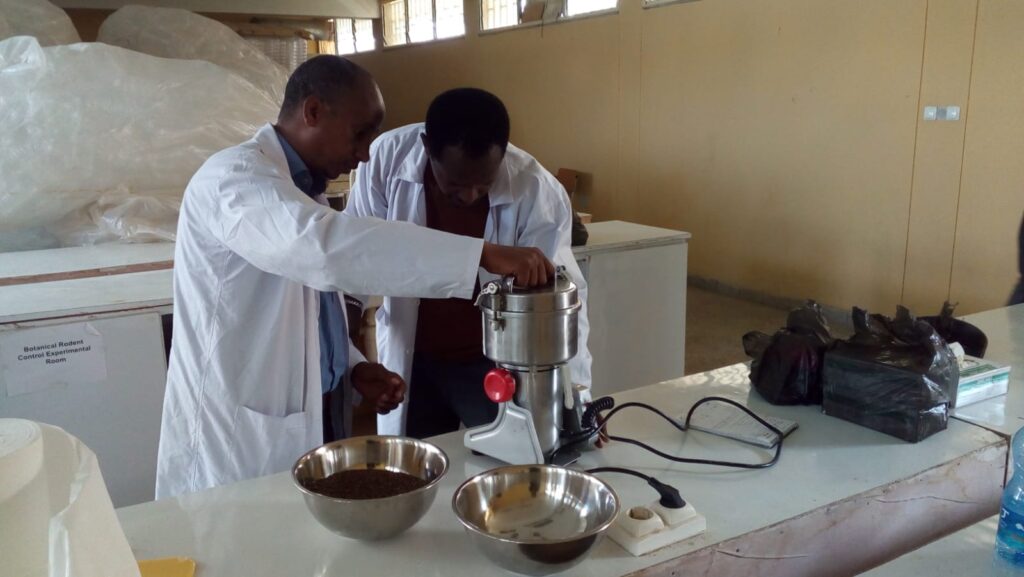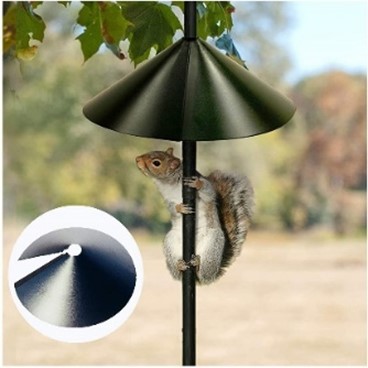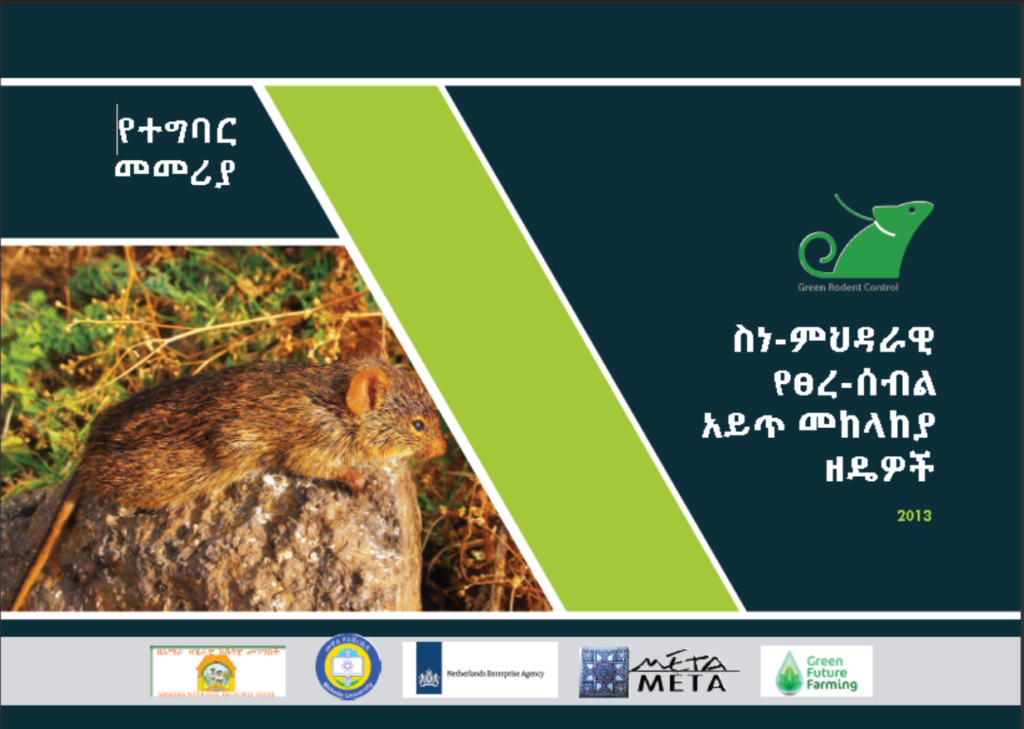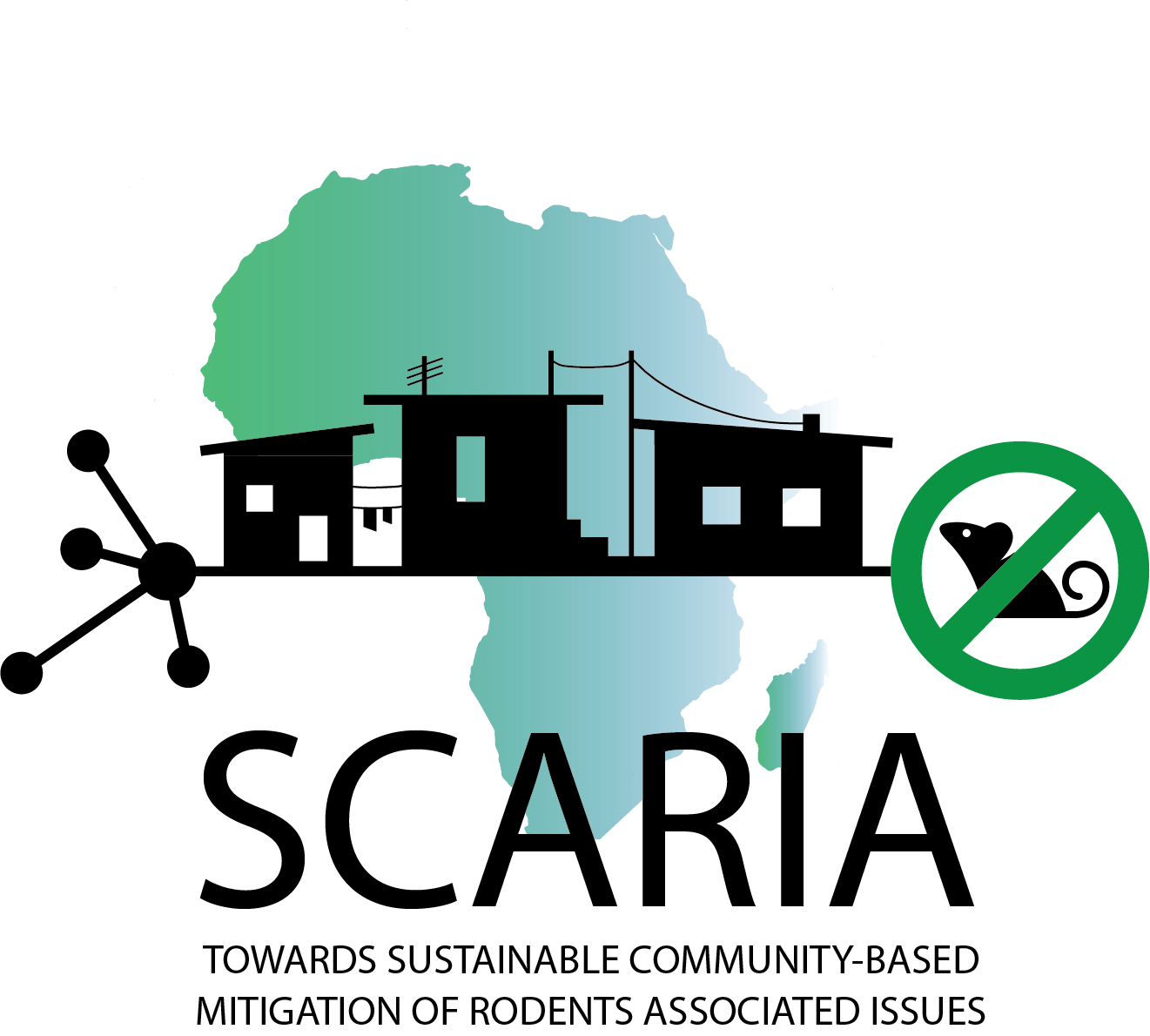Rodent Green Management is a company that envisions to build a community of practice and research for eco-friendly innovative rodent management. We are a team of researchers, environmentalists, farmers, entrepreneurs, rodent experts and government partners, all together working towards the same goal: effective ecological and biological rodent control to safeguard food production and storage.
We are keen to share the experience and help others set up rodent management programs, tailored to each specific situation.
The Green Rodent Control team offers its services to assist with promotion and developing EBRM campaigns in each country.
Feel free to reach out to us with any query or idea! You can send an email to Luwieke Bosma: lbosma@metameta.nl
